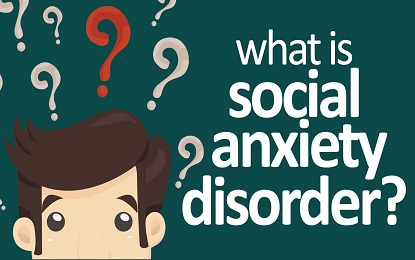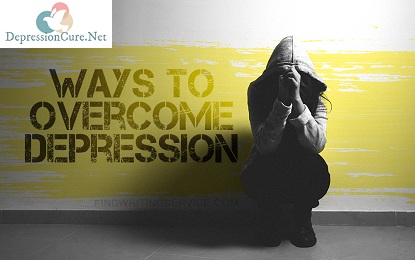Introduction
Before we go to any social program or function, we all feel nervous; we are concerned about what our partners or strangers will say. For example, before you get up to the public speech, your mind keeps on running, when a teacher asks you a question in front of the whole class, there is a stir in your stomach, etc. These feelings of anxiety are normal & usually end up over time. (Social Anxiety Disorder)
Those suffering from Social Anxiety Disorder (SAD) or Social Phobia, become in the center of meditation, get engrossed with extreme and intense pressure, anxiety, panic.

Those people, participating in daily social situations like a conference, or going to a meeting, giving a presentation, getting involved in a marriage or a feast, going with a friend to eat. All these things increase anxiety.
What are the symptoms of Social Anxiety Disorder (SAD)?
The combination of physical and behavioral symptoms is found in people suffering from SAD. Physical symptoms include chills, sweating, dizziness, stutter, etc.
These symptoms make the person more self-aware because he feels that all the people around have seen him, and because of this, he feels great humiliation and embarrassment. Consequently, their behavior changes in the following ways:
- They try to avoid situations where they may have to speak.
- They also make a distance from their personal and professional relationships.
- And they also shy away from eye to eye contact in social situations.
These symptoms can be painful for the sufferer, and they may also get constraints in daily life. If you see these symptoms in a person you know, try to talk to them and advise them to meet a mental health specialist.
Click Here To Read: 20 Ways About How to Calm Yourself During an Anxiety Attack
What is the reason for Social Anxiety Disorder (SAD)?
Social Anxiety Disorder (SAD) may be the following:
Family history:
It is generally believed that in the family of dysphoria, generations of generations are born. But it is not clear whether this happens only because of genetic reasons or this behavior is what the child learns.
Experiences of the past:
Social Anxiety Disorder (SAD) may also develop from childhood experiences such as harassment or an insult at school.
Childhood Properties:
Children who are too shy or sticking, they are suspected to be SAD during their teen years.
Treatment of Social Anxiety Disorder (SAD)
SAD can be very troublesome, but it is possible to treat it. Many people can make better coordination with proper treatment and therapy in social situations. Like other anxiety disorders, SAD treatment involves medicines, psychotherapy, or both.
Cognitive-behavioral therapy (CBT) is to be very useful in the treatment of SAD. Through medicines, anxiety and discomfort can be overcome.
The time of improvement is different in different individuals. But it is essential to follow the entire treatment strictly.
Click Here To Read: Types of Personality Disorders | Personality Disorders Types
Care of the person suffering from Social Anxiety Disorder (SAD)
If you see any of the above symptoms in your family, friends, on in colleague, then you should talk to them and advise you to seek professional help. With them you can go to see a doctor, this will give them confidence.
Take good care of the disease, take complete information so that you can help your loved one, and know better about the disease.
Be patient and encourage your loved ones to cure, and if they are taking some time to recover, continue to encourage them and keep them instructed not to give up.
Social Anxiety Disorder (SAD) survivors
If you are experiencing the symptoms of social phobia, you should seek professional help as soon as possible. If you do not feel that this is appropriate or you are uncomfortable with it, then you can ask your trusted partner or acquaintance or relative to walk with the doctor. Positive changes in lifestyle are also significant; this will improve your health.
Make a good routine and ensure that sleep is adequate. You can also join a support group. There you can also contact people who are struggling with your kind of problem.
Occasionally your treatment takes longer than expected, but in such a situation, do not give up hope and continue treatment.
Note: Depression Cure does not provide any type of medical advice, diagnosis, or treatment.





